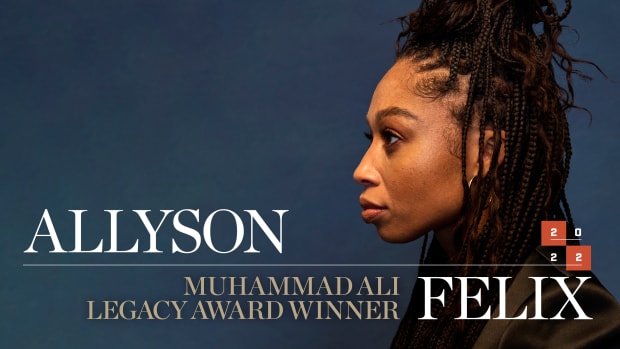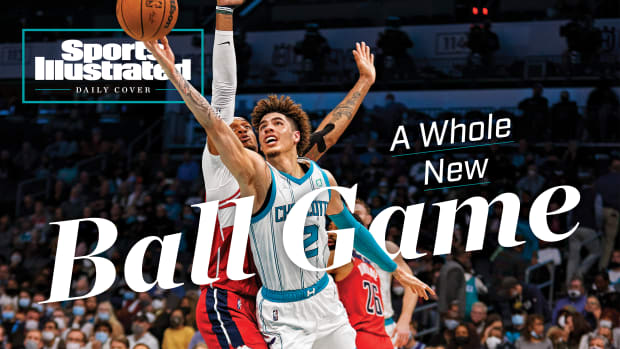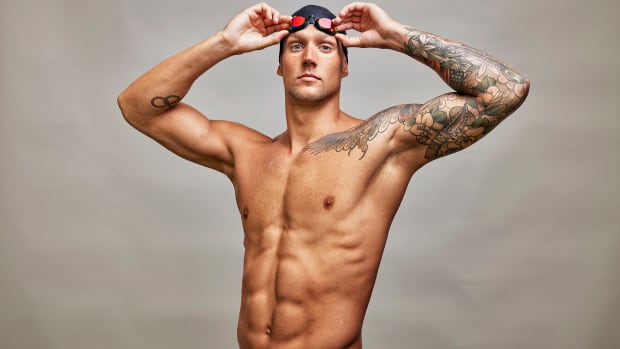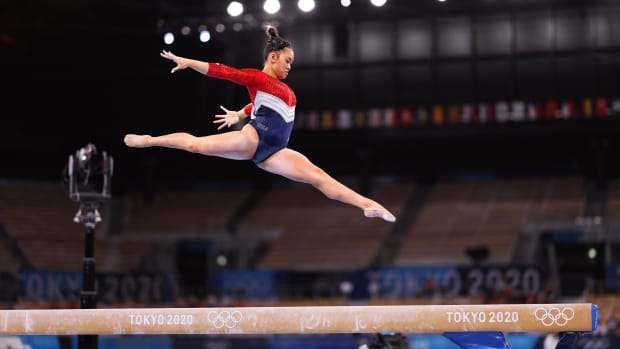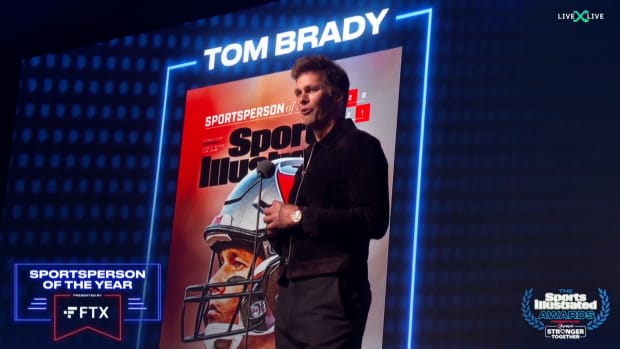From the Editors: Why the Golden State Warriors Are SI's 2018 Sportsperson of the Year Honorees
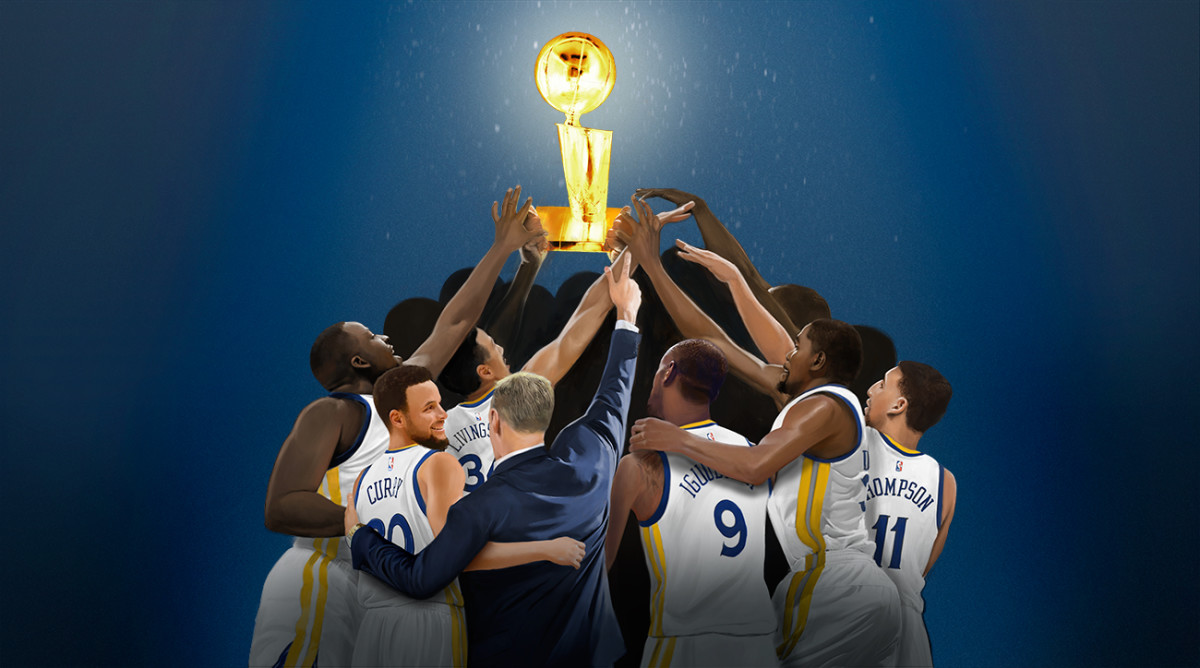
In each of the last four decades—1980, 1999, 2004 and now 2018—sports have gifted us a team so sublime that it is impossible to separate any one, or two, individuals from the rest of the group. How extraordinary were the Golden State Warriors, the recipients of the 65th Sports Illustrated Sportsperson of the Year award? Warriors players, coaches and executives alike, given a vote, likely would have conferred the honor upon a single player. “The reason for all this,” says Andre Iguodala. The sun around which the Warriors universe revolves, insists GM Bob Myers.
And yet. . . .
For all the individual brilliance of Steph Curry—a selection whom few would have protested—the Warriors have always been most delightfully viewed through a collective prism. There have been superteams that have forced us to reimagine how the game is played, but none perhaps in a generation, maybe two, are so beautifully choreographed as the Warriors. At the Dubs’ most golden, their movements and pieces seamlessly blur into each other to the point where it impossible to distinguish the magic of one player from another, even magic so singular as that of Curry or KD.
As with each of the Warriors’ 64 predecessors, performance alone did not exclusively define Golden State. The rise of the Warriors has coincided with the restoration of the NBA as a leading edge of culture that recalls the league’s prolonged boom, which began with the Magic-Larry years in the 1980s and continued through the Jordan-dominated ’90s. The current boom, too, has coincided with the increasing intersection of sports and the hard questions of politics, race and identity, among others, that have so divided the country. The Warriors—forcefully but civilly—embraced the unique platform afforded them. No, they did not change the world and its attendant conflicts and ills, but they did not ignore them either.
Sportsperson of the Year: Read the Full Feature Story on Apple News
The Warriors, of course, are not perfect. During the reporting of his story—which will first appear exclusively on Apple News—senior writer Chris Ballard caught the Warriors perhaps at their least perfect, their most destabilized, in the last half-decade: fragile (between them, Curry, Draymond Green and Shaun Livingston have missed 34 games), indifferent (three blowout losses of 21 points or greater) and riven (Green’s infamous “you’re a b**** and you know you’re a b****” blowup and subsequent suspension). In dozens of interviews, Ballard discovered a team deeply aware of a ticking clock and the strains of sustained success. A dynasty, and the scrutiny that is its kin, can be a b**** too.
The competition for the award was fierce—seven-game-series fierce. Each of the only two-time winners of Sportsperson of the Year, Tiger Woods and LeBron James, offered compelling candidacies to be the first three-time recipient of the award. There were several newcomers to superstardom who made powerful cases: the electric snowboarding gold medalist Chloe Kim, the graceful Naomi Osaka and Triple Crown-winning horse Justify. Sports Illustrated has always had a soft spot for the drought-breaker, and an even softer spot for the draught-soaked drought-breaker who can bring nonpartisan joy even to joyless Washington, D.C. That would be you, Alex Ovechkin.
Looking Back at Deserving Candidates for Sportsperson of the Year
The choice was no less difficult than it was in 2015 and ’17, both years in which the candidacy of the Dubs was debated right up to the end. Three titles in four years undeniably stamps them as a dynasty, the likes of which we might not see again amid the relentless churn of pro sports. But it’s the individual pieces—from the longtime equipment manager to the highest reaches of management—and how seamlessly they are woven together that gives their story a different ring: 2018 Sportsperson of the Year.

